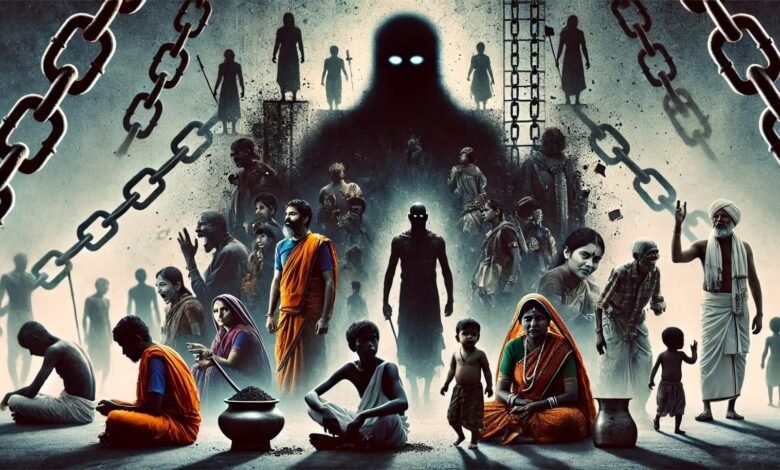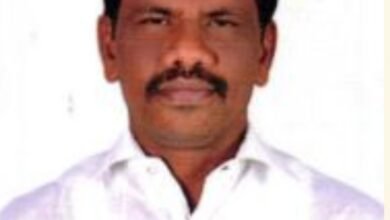Towards a secular India: Embracing all faiths, rejecting caste-based inequality
By Doruvu Paul Jagan Babu:Bureau Chief

India’s secular identity is built on the principles of equality and social justice, as envisioned by revolutionary figures like Dr. B R Ambedkar and Jyotirao Phule. Their tireless efforts to uproot the caste-based injustices ingrained in Sanatana Dharma brought constitutional reforms that promote equality for all citizens, irrespective of their religion or caste. Yet, some age-old practices persist, continuing to foster discrimination and inequality. This column delves into the social evils propagated by orthodoxy and highlights the need to champion inclusiveness in modern India.

Social evils of Sanatana Dharma
Sanatana Dharma, under the Vedic Varna system, created a hierarchical structure that led to the marginalization of millions. This system, based on caste divisions, enforced untouchability, patriarchy, and social discrimination, subjecting lower castes, especially Dalits, to atrocities. Practices such as Sati Sahagamanam, the Devadasi system, and untouchability perpetuated inequality, stripping individuals of dignity and rights. The Chandalus, seen as the lowest in this hierarchy, were dehumanized and denied access to basic freedoms.
Sanatana Dharma’s religious orthodoxy, with its emphasis on the supremacy of Brahmins, Kshatriyas, and Vaishyas, created deep divisions in Indian society. Even today, remnants of these beliefs contribute to caste-based violence and discrimination, highlighting the urgent need for reforms.
Ambedkar’s fight for equality
Dr. B R Ambedkar, the principal architect of the Indian Constitution, recognized the dangers of the caste system and fought relentlessly to dismantle its influence. He advocated for the eradication of untouchability and sought to ensure that the oppressed were given equal rights under the law. Through constitutional provisions, Ambedkar aimed to create a society where every citizen, regardless of caste or religion, could enjoy the same rights and opportunities.
His call for the destruction of caste consciousness was not just a legal reform but a social revolution. He emphasized that the Constitution must be the guiding force to protect the marginalized and uphold the values of equality, liberty, and fraternity.
Phule’s revolution against caste
Jyotirao Phule, a social reformer and advocate for lower castes, played a critical role in fighting the oppressive structures of Sanatana Dharma. He questioned the legitimacy of the caste system and worked toward educating the masses, particularly the Shudras and women. Phule believed in the universal right to education and uplifted those marginalized by a rigid caste hierarchy.
Phule’s contributions, along with Ambedkar’s constitutional reforms, laid the foundation for a more inclusive society. Together, these revolutionaries envisioned an India where all individuals, regardless of caste or religion, would be treated with equal respect.

Moving toward Inclusiveness in secular India
India’s secular fabric demands the inclusion of all faiths, promoting respect for diversity while rejecting caste-based discrimination. Sanatana Dharma, with its long history of social evils like the Devadasi system, untouchability, and patriarchy, stands in stark contrast to the ideals of social equality. The Constitution of India, shaped by the vision of Ambedkar, offers the path forward to create a more just and equitable society.
For India to fully realize its secular potential, it must continually address the legacy of caste-based orthodoxy and ensure that future generations are free from the social inequities that have plagued the country for centuries.
The views expressed in this column are purely those of Bethala Sudarshanam, AP President of Buddhist Society of India and Samata Sainik Dal








